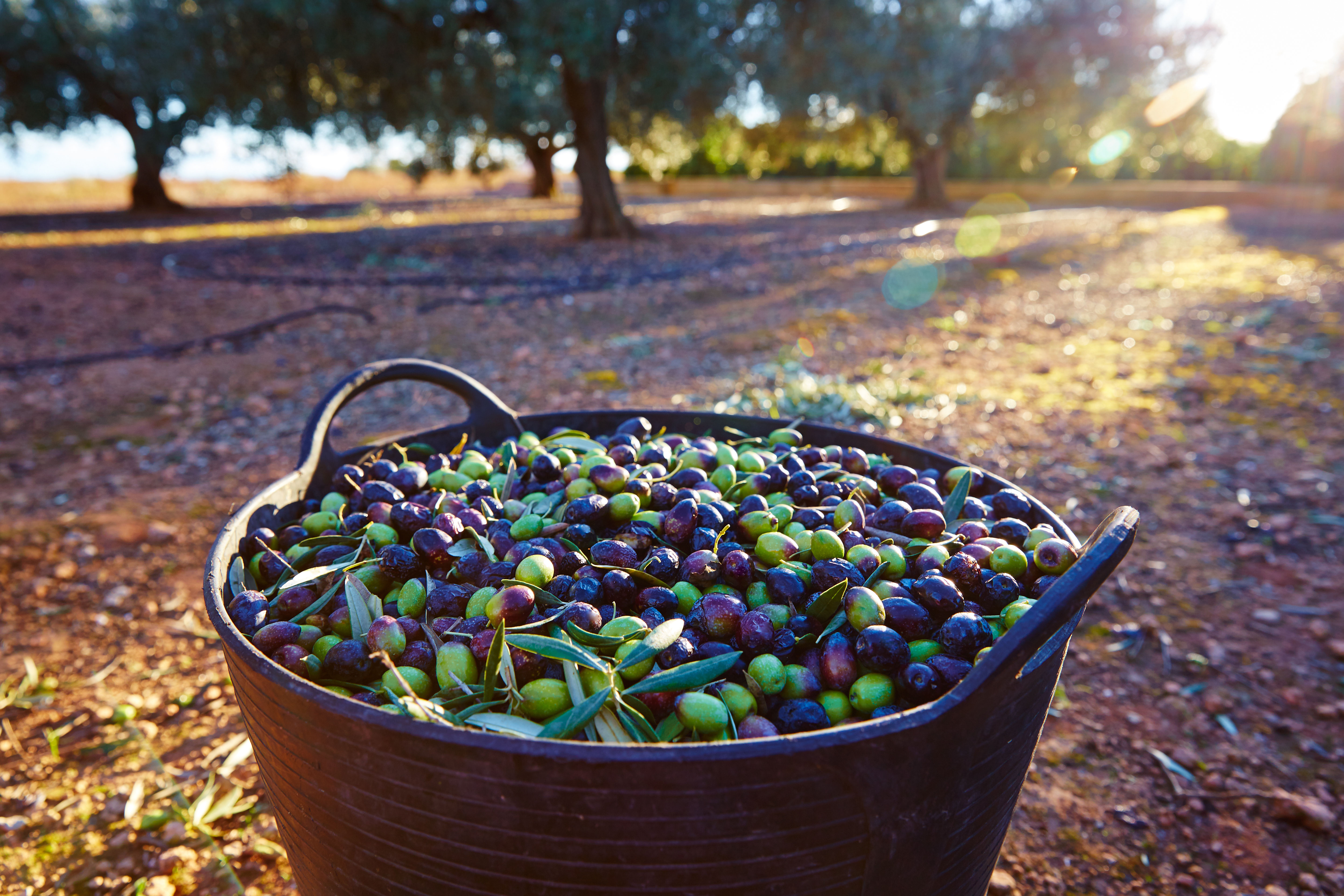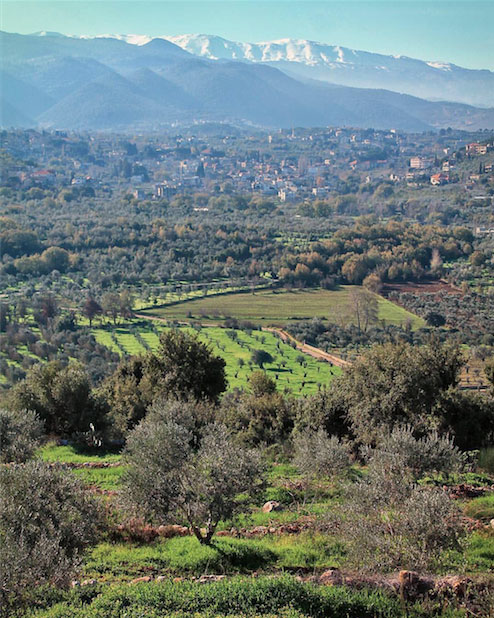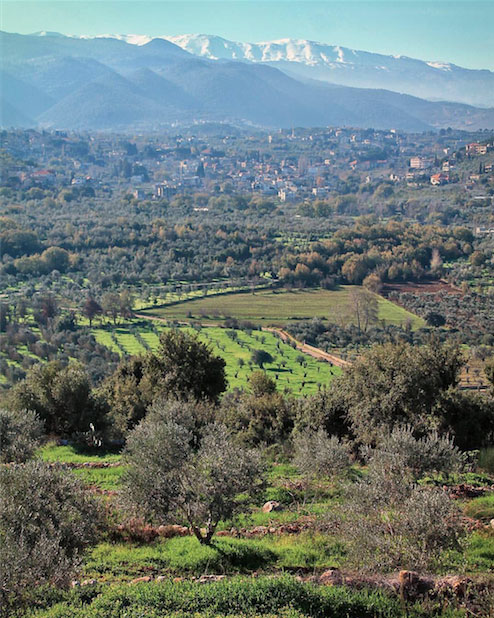AT OLIVE TRADE®
WE CARE ABOUT OLIVES
Early nineteenth century Beino, a small communal village tucked in the northern hilly Lebanese landscape, saw the start of a Fares family tradition, pressing olives gathered from own and nearby orchards.
The love and care for olives trickled through generations, up until 2004, when a modern emphasis was coupled with that tradition, giving rise to Olive Trade and its array of coveted brands.
Modernity in no way meant giving up on know-how or quality control. Quite the contrary, actually. It just invited science to take hold of meticulous cultural practices, harvesting techniques, production, and storage, as a safeguard to exceptional quality.
A commitment to centuries of Mediterranean knowhow lies at the very foundations of olive trade, and extends to employing the highest standards in harvesting practices across state-of-the-art, eco-friendly production and storage facilities (ISO 22000: 2005, Eco label), all while maintaining strong support to the local farmer community, and implementing organic agriculture to protect our land for future generations.


